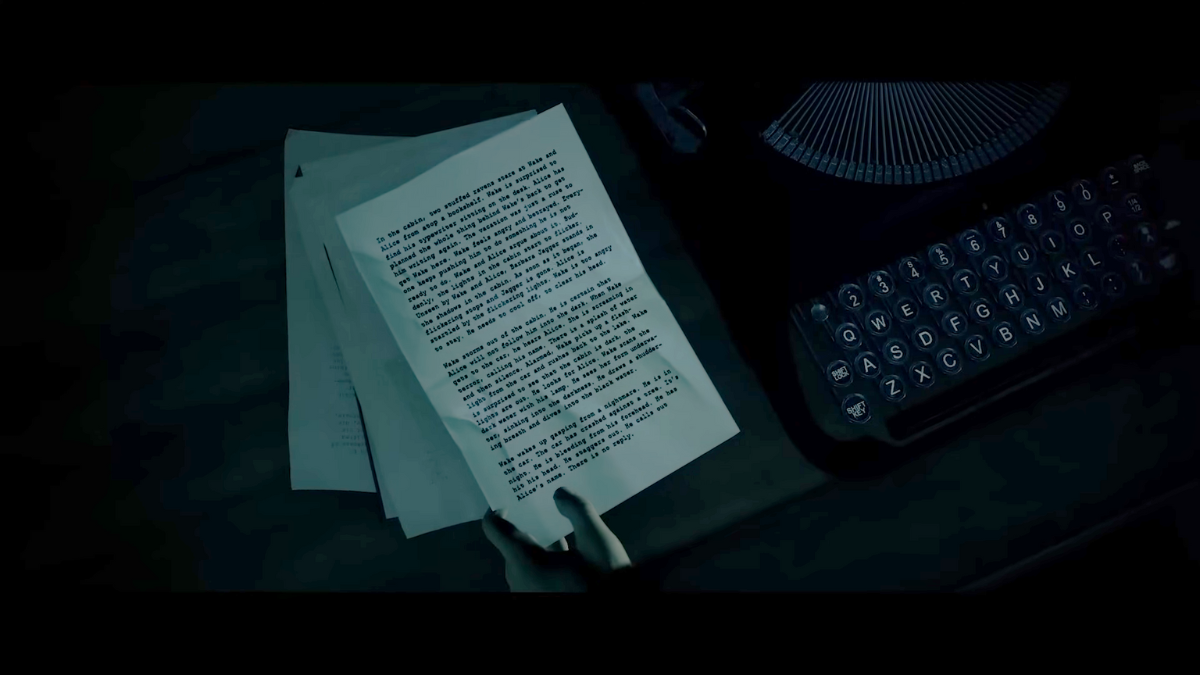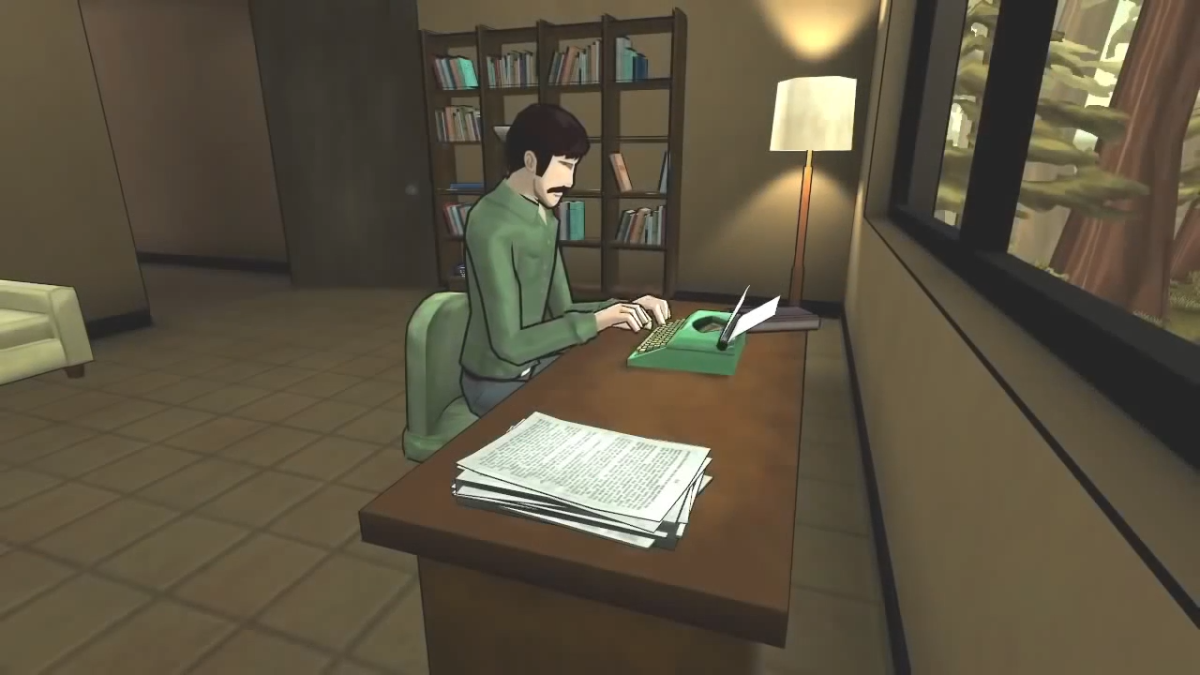Lately, scrolling through Twitter feels like watching the dinosaurs awaiting their demise — the meteor creeping closer every minute, promising to obliterate their very way of life. Were the Triceratops aware of the encroaching catastrophe? Did they spend days mulling over how they would spend their last minutes dominating the Earth — what plants to eat, what streams to drink from, which eggs to protect? Or were they so blissfully unaware that their lives continued unaffected until, suddenly, it was all over?
It’s easy to believe that journalists — writers as a whole, really — are the newest incarnation of the dinosaurs, not because we are cold-blooded and reptilian (although some possibly are), but because we are purveyors of ancient crafts: thoughtful criticism, honest reporting, and artistic license. We face not one but many meteors, as legacy media continues to reject a reportedly $200 billion industry in favor of hobbyists and influencers who bypass the journalistic boundaries necessary for true accountability. The closure of The Washington Post’s Launcher and Vice’s Waypoint confirmed everyone’s fear that no matter how profitable, award-winning, or respectable a publication is, the writers are never safe from the sword of Damocles dangled over their heads by money-hungry executives.
Since I started my career as a freelance journalist a little over a year ago, numerous publications have shuttered or been gutted, some mere months after publishing my byline. While I haven’t been around long enough to consider these writers “friends,” they were all inspirations, and each successive layoff portended the end of an era. Writers like Imran Khan, Gita Jackson, Renata Price, and Patrick Klepek are only a few of the many who created the very industry I wanted to join — one full of clever subheadings, insightful commentary, and a dedication to honest introspection. Without a home, these forebears have receded into freelancing, Patreon posts/Substack letters, or have left the journalism industry entirely for PR or Communications. Facing experienced, tenured writers in the job market, it’s obvious that early-career journalists like myself don’t stand a chance; the definition of “entry-level” changes when an influx of overqualified people suddenly apply for the position.
Aware of the damage they may cause, many writers have decided to avoid the industry entirely and write for themselves, furthering the idea that success only comes to those with an established brand. That brand just happens to be rapidly transforming into the writer themself rather than a publication, an emulation of the hobbyist/influencer market that has wreaked havoc on the journalism industry as a whole. Only time will tell whether or not this shift yields positives or negatives, although it’s easy to imagine how the lack of willing publications might only be helpful for those with an established platform while making it even harder for newer writers to break in.

I’d be lying if I said my future in this industry seemed stable. There are, of course, indie websites focused on criticism — Uppercut, Into the Spine, and Unwinnable to name a few — but their smaller nature keeps them from allowing writers to make a living solely on their support. It’s difficult to imagine behemoths like Polygon, Kotaku, or GamesIndustry.biz closing shop, but the meteor inches closer daily, ready and raring to destroy all we hold dear. In the meantime, these dinosaurs do everything they can to appease the algorithm — constant news reporting, evergreen listicles, and hyper-vigilance of trending topics for the best possible SEO abuse.
I am very aware that this article — a serious, personal piece about the state of games journalism — is being published by WeGotThisCovered, which is often derogatorily labeled as a “content farm.” That’s not to diminish the efforts of the many writers and editors who give their all to this website; making a profitable publication is nigh impossible these days. Guides and SEO pieces are the only ways to bring in clicks, which brings in ad revenue, which allows everyone to get paid on time, which creates room for serious, thoughtful criticism to exist. WeGotThisCovered, and many of the websites under the GAMURS umbrella, are surviving the only way they know how, and it’s because of these efforts that people are getting paid. But I know that this style of writing — one focused heavily on popularity, clickbait titles, and quantity over quality — is not why I wanted to start writing.
Writing, to me and former Kotaku writer Harper Jay, is a kindness, an act of love. I consciously spend hours of my life playing, analyzing, and experiencing video games (and art as a whole) because I love them. Heck, even when I hate them, I love them. There is nothing more special to me than connecting with art; the moment I recognize a part of myself within a work, goosebumps break out across my body, my breath quickens, and my heart beats faster. It’s a visceral, physical response. The neurons in my brain fire rapidly: What does this make me feel? How does this make me feel? What is this trying to say? Most importantly, why does this matter? I ravenously sink my teeth in, pulling at the flesh of the narrative, ripping the thematic sinew from their bones, intentionally savoring each and every bite. That’s love: carnivorous, terrifying, passionate love. Much like a T-Rex killed to survive, I too write because I must.

Love is not monetarily viable, though. We cannot pay our bills, fill our bellies, or generally survive off of it alone; in the capitalist hellscape we call society, money reigns supreme. It feeds us and poisons us in equal measure. It’s what will kill the dinosaurs.
As the meteor approaches, I am left with a few options: give up and join an alternative industry with more stable pay, create my own space and personal brand through innovation and unyielding dedication, or find a little corner that will somehow hire me ahead of far more qualified writers that pays just enough and brings just enough stability and cling to it for as long as possible. Admittedly, none of these are ideal, and it’s easier to lose myself in the existential crisis of unemployment and financial insecurity. The pragmatic and creative hemispheres of my mind are constantly at war with one another, neither one winning but both causing damage: anxiety, depression, hopelessness. But still, I persevere.
Every day, I wake up excited to write. I venture to a café, purchase a slightly overpriced tea latte, open Google Docs, and put down my thoughts. Looking behind me, I can see the meteor lurking in the sky — I can feel its presence weighing me down. Looking ahead, the road is diaphanous and serpentine, uncertain and winding, building itself block by block in beat with each forward step I take. Will I have a stable job, as a writer or an editor? Will I find a community, a platform that supports me? Will I even remain in journalism long enough to have my voice matter? But looking ahead at the screen of my laptop, none of that matters because, at this moment, I am writing. And sometimes, doing something you love is all you can do to survive.

